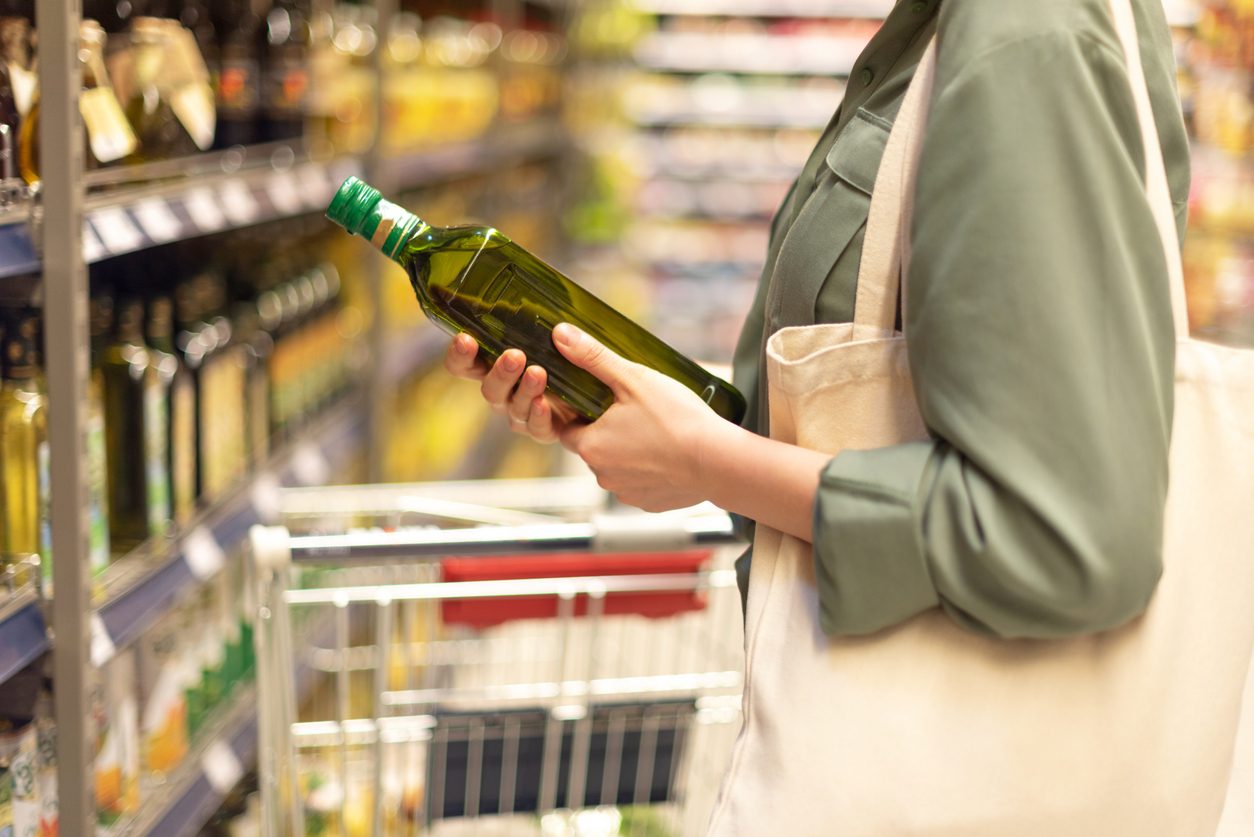Spain Eliminates VAT On Olive Oil Until September to Help Consumers and Boost Industry
The Spanish government has announced a measure to fight inflation and support consumption: no VAT on olive oil until 30 September and then 2% until 31 December.
;Resize,width=742;)
Spain will implement containment measures to curb inflation, eliminating VAT on olive oil until September, and classifying olive oil as a basic necessity such as milk, bread, flour, or eggs, so the VAT had been suspended starting from 1 January 2023. This was announced by the Deputy Prime Minister and Minister of the Treasury, María Jesús Montero. No sales tax will be applied to olive oil from July 1st through September, when it will be taxed at 2% until the end of the year.
Eliminating VAT On Olive Oil
The decision was made due to the sharp increases in oil prices in recent years: the drastic reduction in harvests and adverse climatic conditions, with drought first and foremost, have created many problems for the sector throughout Europe and beyond. Spain, Italy, Greece, but also Morocco, and Tunisia have seen strong drops in production and, consequently, a significant increase in prices. “This coincides with a forecast of food inflation that indicates a moderation of prices in the final part of the year,” explained Jesús Montero. After the calming period, VAT on food in Spain should return to the usual rates.

In addition to being one of the main olive oil-producing countries, Spain is like Greece, among the top consumers in the world, with almost 14 liters per inhabitant per year. Precisely in Spain, in recent years, prices have undergone heavy surges, perhaps even more massively than in Italy: "The price of oil has increased dramatically: last month olive oil was 63% more expensive % compared to May 2023 and three times more expensive than January 2021", Pilar Alegria, spokesperson for the Spanish government, explained to the Antena 3 television channel. "This measure will allow us to support the olive sector and continue to stimulate the consumption of such an important product for our country". This is a temporary measure that not only includes olive oil among the essential goods, but also products such as bread, vegetables, and fruit: these normally benefit from a super subsidized rate of 4% but, at the moment it is reduced to 0 % precisely to fight inflation and boost consumption.
;Resize,width=767;)

;Resize,width=712;)
;Resize,width=712;)
